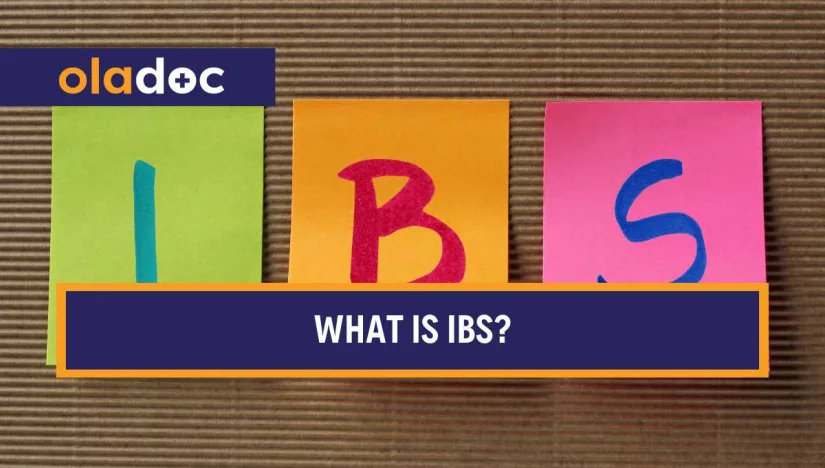Also known as ‘Spastic Colon’ and ‘Irritable Colon’, Irritable Bowel Syndrome is a common chronic condition that disrupts the large intestine’s function usually in people between 17-44. However, IBS rarely presents any severe symptoms, nor does it increase the risk of colorectal cancer, as is often believed.
Types:
IBS is divided into 4 categories based on symptoms experienced:
- IBS-C (Constipation): Patients may experience an alternation between constipation and normal stools. Abdominal cramps and aches after eating may also be an occasional occurrence.
- IBS-D (Diarrhea): Patients may experience diarrhea soon after waking up or eating, along with strong, undelayable urges and incontinence, in some cases.
- IBS-M( Mixed): Patients generally alternate regularly between constipation and diarrhea, with rare normal-stool episodes.
- IBS-U( Unsubtyped): Patients with IBS symptoms that either encompass a mixture of IBS-C, D, and/or M, or don’t fit into any of the above categories.
Symptoms:
Patients often experience alternating bouts of diminished and intense symptoms, with the most common signs being:
- Backache
- Mucus in stool
- Protruding belly
- Constipation or Diarrhea
- Flatulence (passing excess gas)
- Inability to fully empty the bladder
- Urinary urgency and/or incontinence
- Harder or looser stools resembling pellets or flat ribbons, respectively
- Abdominal cramping, bloating, or pain often relieved after passing stool
Causes:
While the exact cause is unknown, the following factors are speculated to cause IBS-related Symptoms include::
- Prolonged and Strong or Weak Intestinal Muscle Contractions (that help move food through the digestive tract) may either result in flatulence, bloating, and diarrhea, or slow food movement and dry, hard stools, respectively.
- Poor Nerve Coordination Between the Brain and Digestive System may result in pain, diarrhea, and constipation by causing the body to overreact to normal digestive processes.
- An Excess of Immune-System Cells in the Intestines often results in IBS-indicative pain and diarrhea.
- Severe Diarrhea (Gastroenteritis)that is caused by a virus or bacteria is sometimes a precursor of IBS.
- Bacterial Overgrowth in the Intestines has also been associated with IBS as there are thousands of different kinds of bacteria in the stomach. It is possible that changes in the type and composition of this bacteria causes IBS.
Triggers:
IBS symptoms, instead of being persistent or presenting themselves randomly, are usually ‘triggered’ by certain stimuli, the most common of which are:
- Food: Consuming dairy products (including milk), citrus fruits, beans, cabbage, carbonated drinks, and foods containing wheat often worsens or triggers symptoms in most IBS-affected individuals.
- Stress:Where certain foods and beverages cause symptom resurgence, periods of increased stress often serve to aggravate or increase episodes of already present symptoms.
- Hormones: Changes in estrogen and other hormone levels during periods and pregnancy are common triggers and multiply symptomatic episodes by two times in women suffering from IBS.
Symptoms Indicative of A Serious Condition:
Experiencing the above symptoms after age 50 along with one or more of the following signs might indicate another serious condition such as colon cancer, in which case urgent medical attention is required:
- Fever
- Nausea
- Weight loss
- Rectal bleeding
- Persistent or sleep-disrupting diarrhea
- Iron-deficiency anemia (uncharacteristic weakness)
- Abdominal pain that does not subside after passing stool
Now that we have answered the question: What is Irritable Bowel Syndrome ?, it is important for you to note that IBS may not be a life-threatening condition on its own, but the persistence of general symptoms, or the occurrence of other symptoms may be cause for alarm. If you experience any of the above conditions, consult with your doctor immediately. You can also book an appointment with a top Gastroenterologist in Islamabad, Karachi and Lahore through oladoc.com, or call our helpline at 042-3890-0939 for assistance to find the RIGHT Doctor for your gastric concerns.






